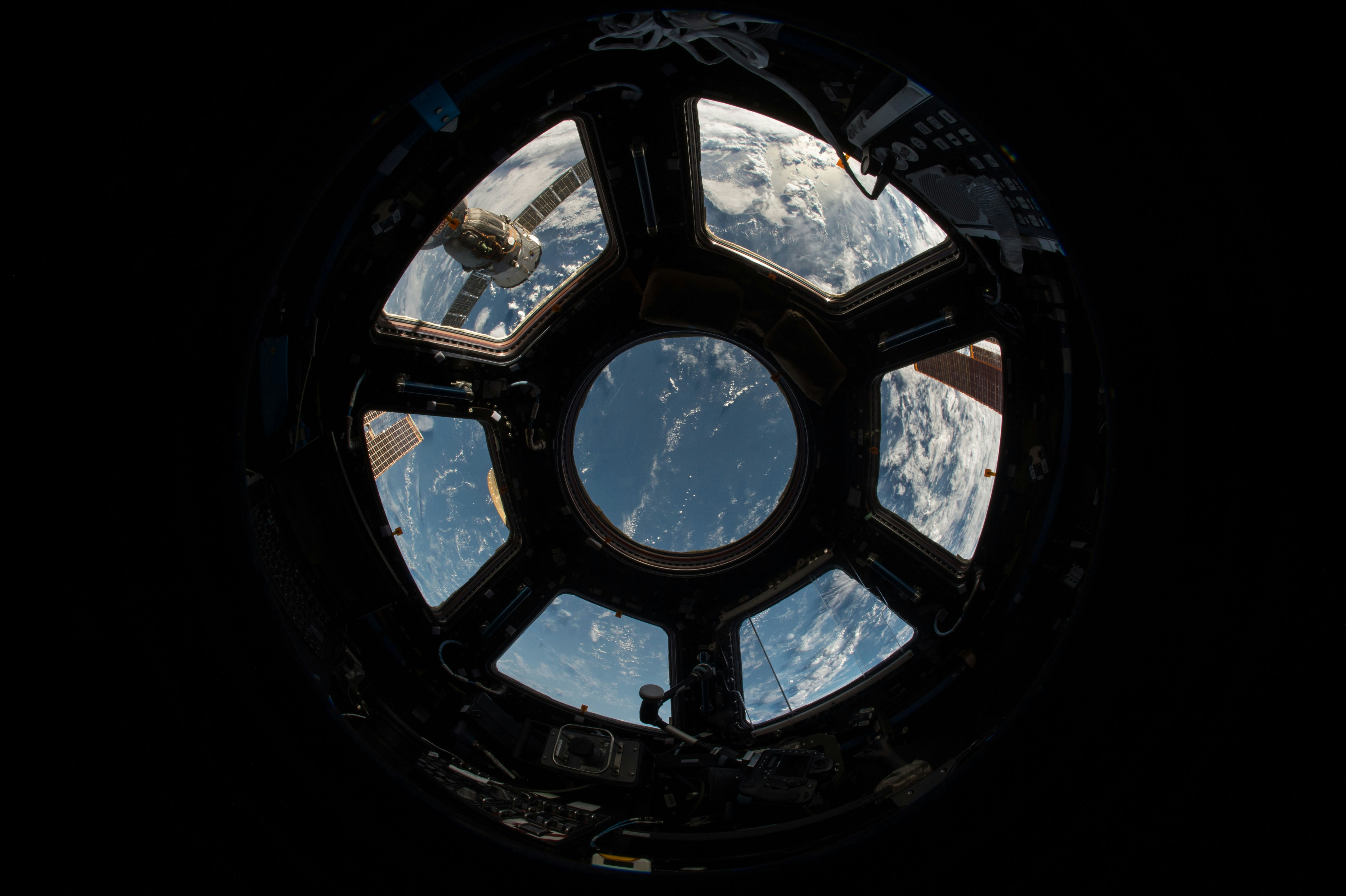
Automate Your UK Space Jobs Search: Using ChatGPT, RSS & Alerts to Save Hours Each Week
Space jobs are scattered across satellite manufacturers, payload houses, launch startups, space-data scaleups, national labs and UK public sector frameworks—often buried in ATS portals or duplicated across boards. The smart play isn’t more scrolling; it’s automation. With keyword-rich alerts, RSS feeds and a reusable ChatGPT workflow, you can bring high-signal roles to you, triage them in minutes, and tailor stronger applications without burning your evenings. This copy-paste playbook is for www.ukspacejobs.co.uk readers. It’s UK-centric, practical, and focused on saving you hours every week. What You’ll Have Working In 30 Minutes A role & keyword map covering systems, AOCS/GNC/flight dynamics, RF/TT&C, payloads, avionics/FSW, power/thermal/structures/propulsion, AIT/AIV, ground segment & ops, EO/space data, and mission assurance/QA. Shareable Boolean searches you can paste into Google & job boards to cut noise. Always-on alerts & RSS feeds delivering fresh roles daily. A ChatGPT “Space Job Scout” prompt that deduplicates, scores fit and outputs application actions. A lightweight pipeline tracker so nothing slips through the cracks.

